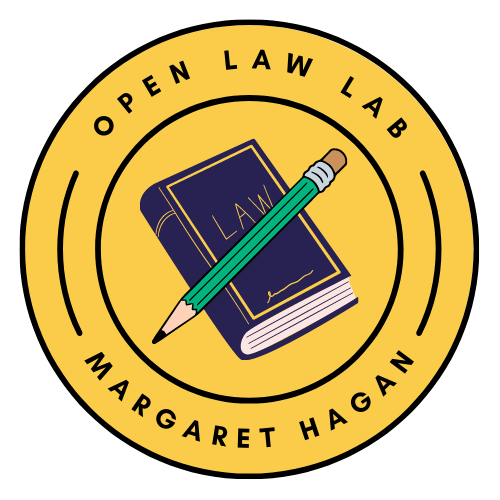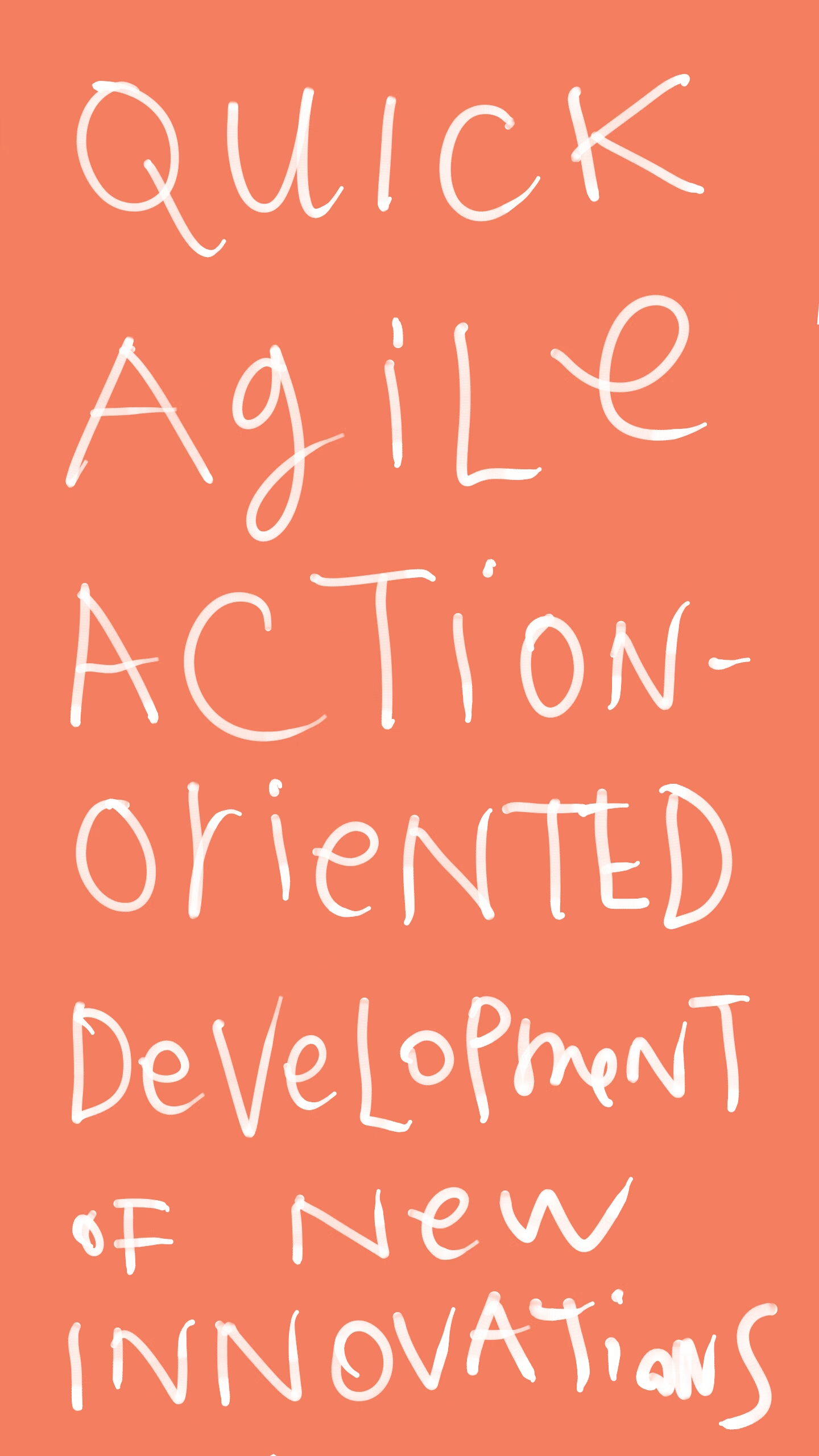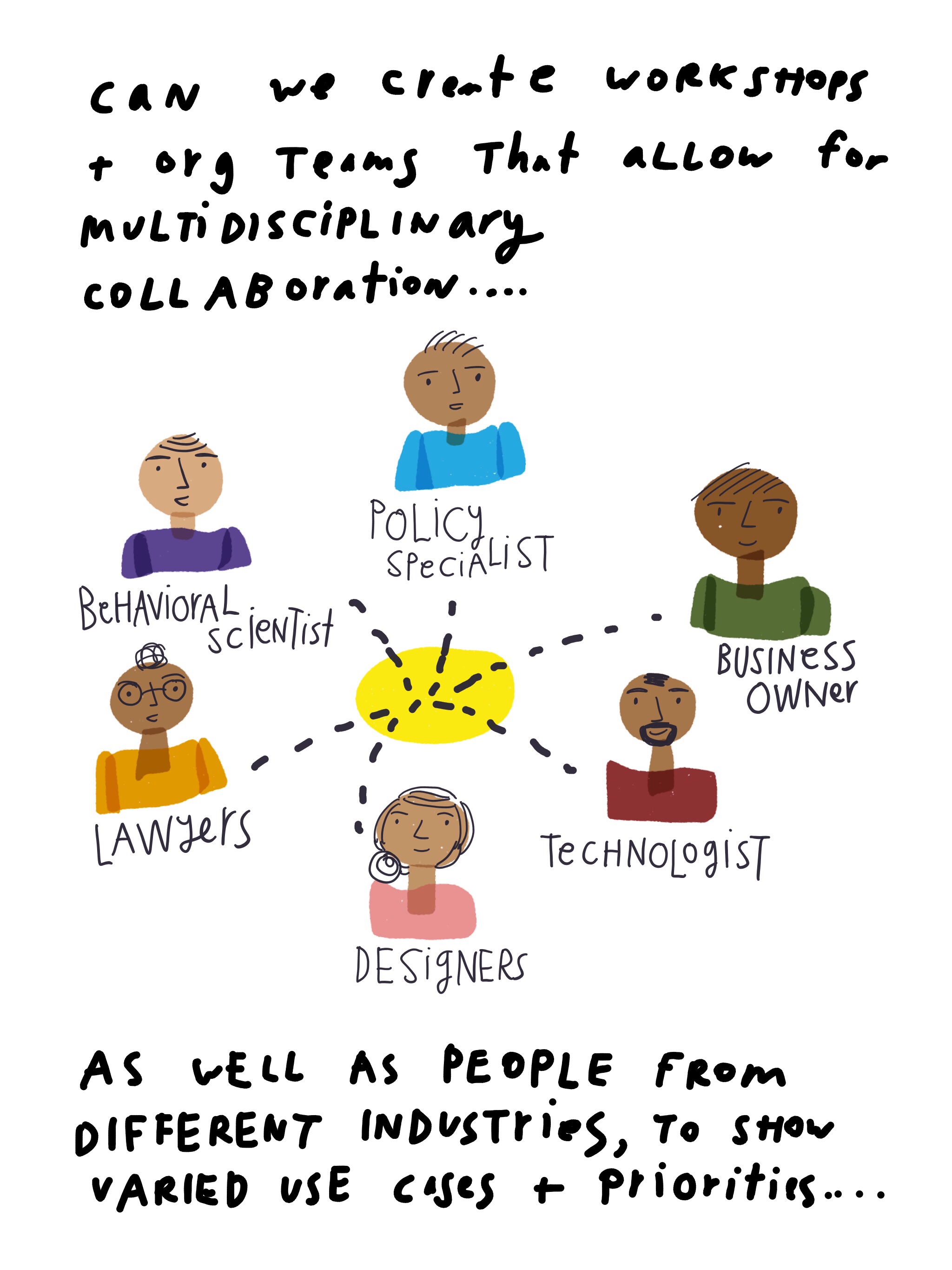How can we develop new solutions in agile, responsive ways? So that if we see a problem or hear a user need — that we take action, try something in a lightweight way, small way — a hack, rather than a huge undertaking?

This is the idea that is coming out of the world of government improvements, that I’m hearing again and again at the Code For America summit. Moving from the ‘Waterfall’ method of developing new things, to the ‘Agile’ method. Could we bring this into the world of Courts & Legal Aid?
That’s what I’m starting to play with with my projects & teams at Stanford’s Legal Design Initiative — it would be great to expand this into the institutions themselves. Could we open up a court room or two to be sandboxes, in which we researchers and designers can come in and try new interventions that respond to user needs in really quick, but also very real ways, so that we can gather data & refine them quickly? Instead of overplanning & deferring innovation, can’t we act sooner and then use the data and feedback to figure out the idea’s worth and figure out the best way to solve the needs?



